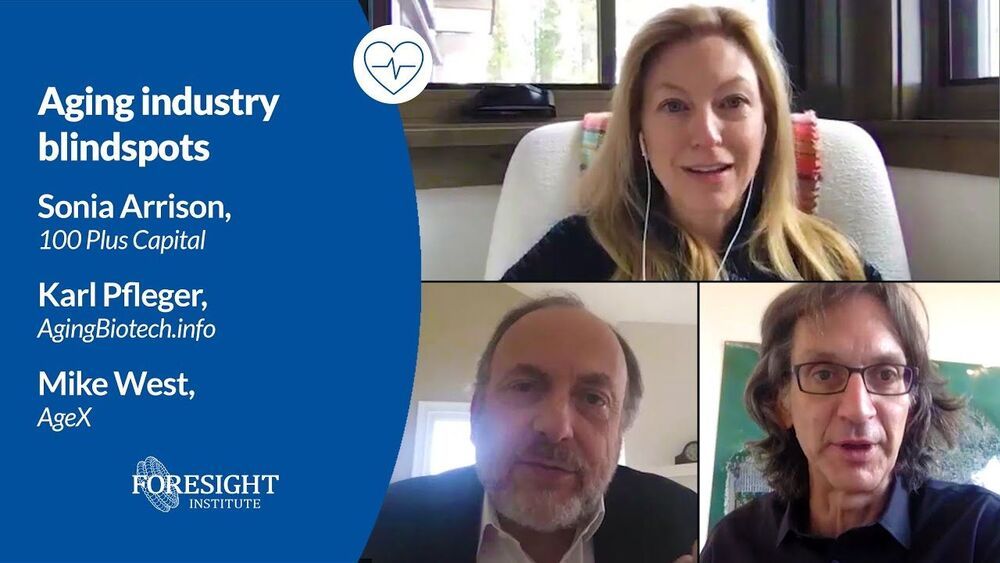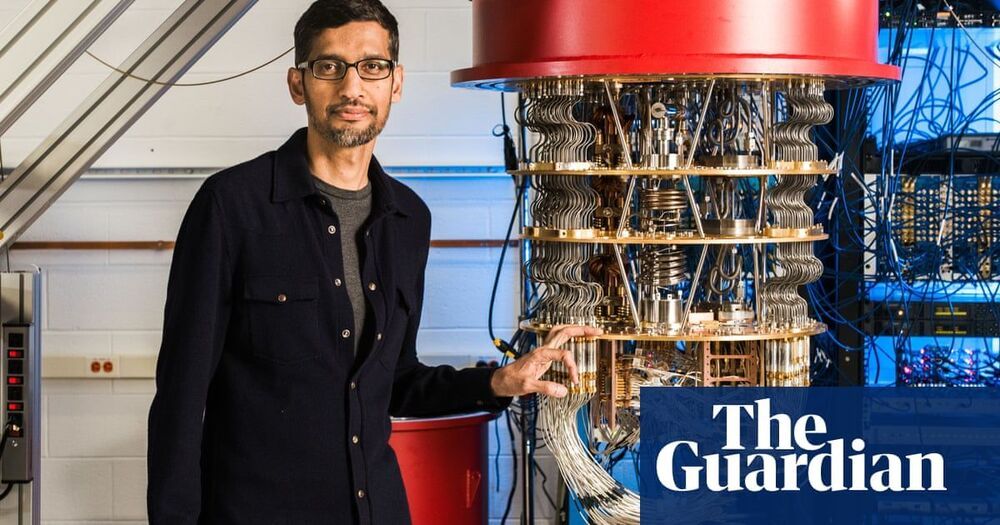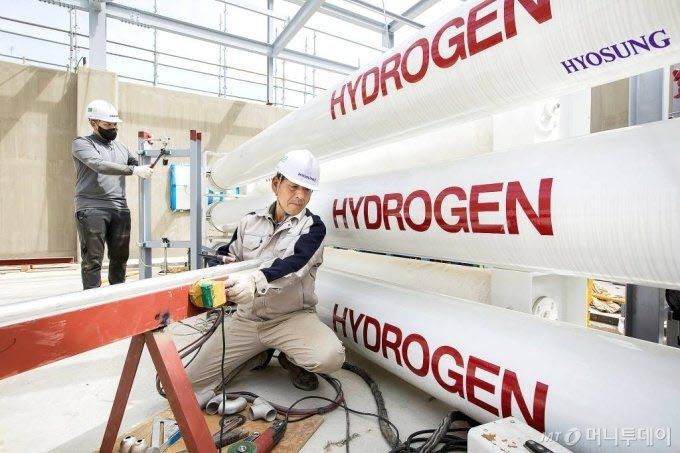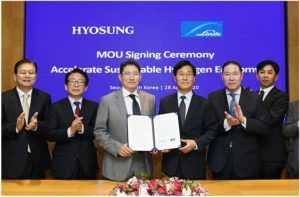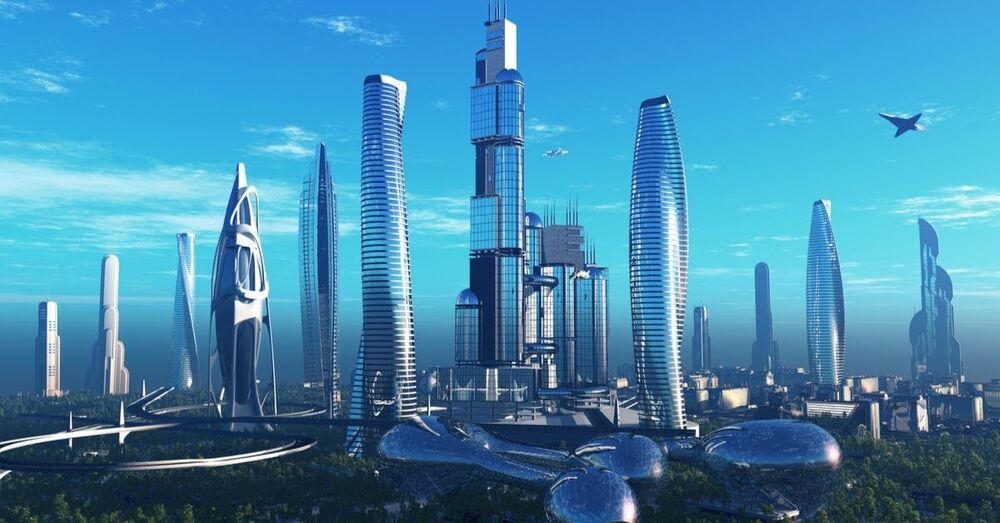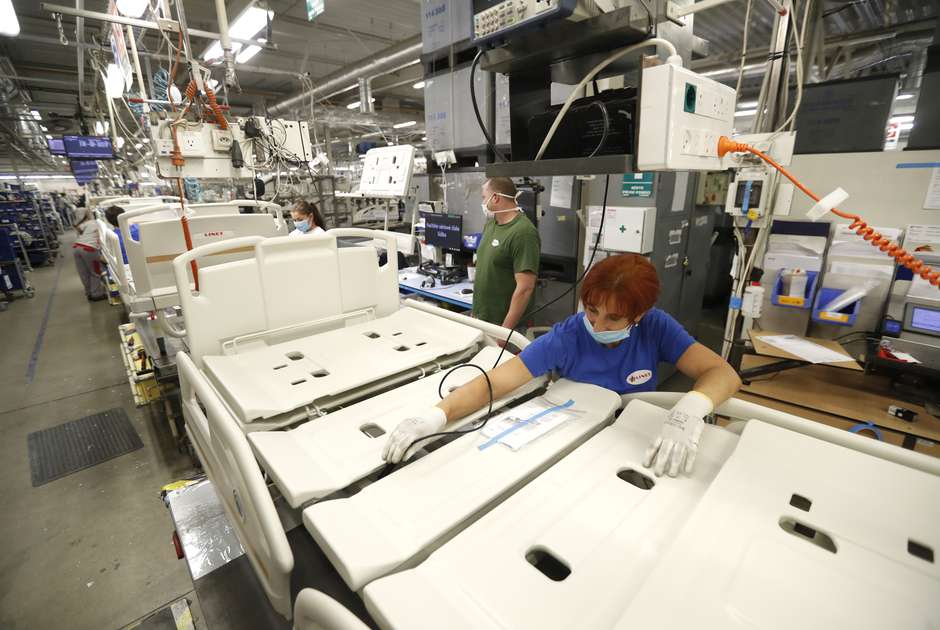57:03 “A tool that would be used for millenia.”
Foresight biotech & health extension group sponsored by 100 plus capital.
Accelerator applications are open now: https://foresight.org/biotech-health-extension-program.
Industry blindspots: Unincentivized work that could dramatically advance progress on aging.
SONIA ARRISON, 100 Plus Capital.
Sonia Arrison is a best-selling author, analyst, entrepreneur, and investor. She is the founder of 100 Plus Capital, co-founder of Unsugarcoat Media (acquired by Medium), and associate founder and advisor to Singularity University in Mountain View, California. Her research focuses on exponentially growing technologies and their impact on society. Her most recent book, 100 Plus: How the Coming Guests Age of Longevity Will Change Everything, From Careers and Relationships to Family and Faith, addresses the social, economic, and cultural impacts of radical human longevity. It gained national bestseller status and keeps Sonia busy speaking all over the world. Sonia is a Board Member at the Thiel Foundation, Foresight Institute, and Woodland School. She is also a Senior Fellow at the Fraser Institute in Vancouver, British Columbia, and author of two previous books (Western Visions and Digital Dialog). She was previously a Director and Senior Fellow in Tech Studies at the Pacific Research Institute and a columnist at TechNewsWorld.
KARL PFLEGER, Agingbiotech.info.
Karl Pfleger, PhD (Stanford CS, Machine Learning) now focuses on aging & longevity after a successful tech career (mySimon, Google). A long-time donor to the Buck Institute and SENS Foundation, he is also an angel investor who has backed over 15 agingrelated startups. He is the creator of AgingBiotech. info, a free public resource to track the commercialization progress of the aging biotech sector and related information.
MIKE WEST, AgeX
Michael D. West, Ph.D., is the founder and CEO of AgeX Therapeutics, Inc, which is focused on the development and commercialization of novel therapeutics targeting human aging. He received his Ph.D. from Baylor College of Medicine in 1989 concentrating on the biology of cellular ageing. He has focused his academic and business career on the application of developmental biology to agerelated degenerative disease. He was the founder and first CEO of Geron Corporation (Nasdaq: GERN), and from 1992 to 1998, he held various positions, including CEO, Director, and Vice President. From 1998 to 2007, Dr West held positions as CEO, President, and Chief Scientific Officer at Advanced Cell Technology, Inc. (ACT), which was eventually acquired by Astellas Pharma, Inc. From 2007 to 2018, he was CEO/Co-CEO of BioTime, Inc. (NYSE American: BTX).
Zoom Transcription:
https://otter.ai/u/kGO_zgxGxUbbd63_6wfM0x_RQsA
